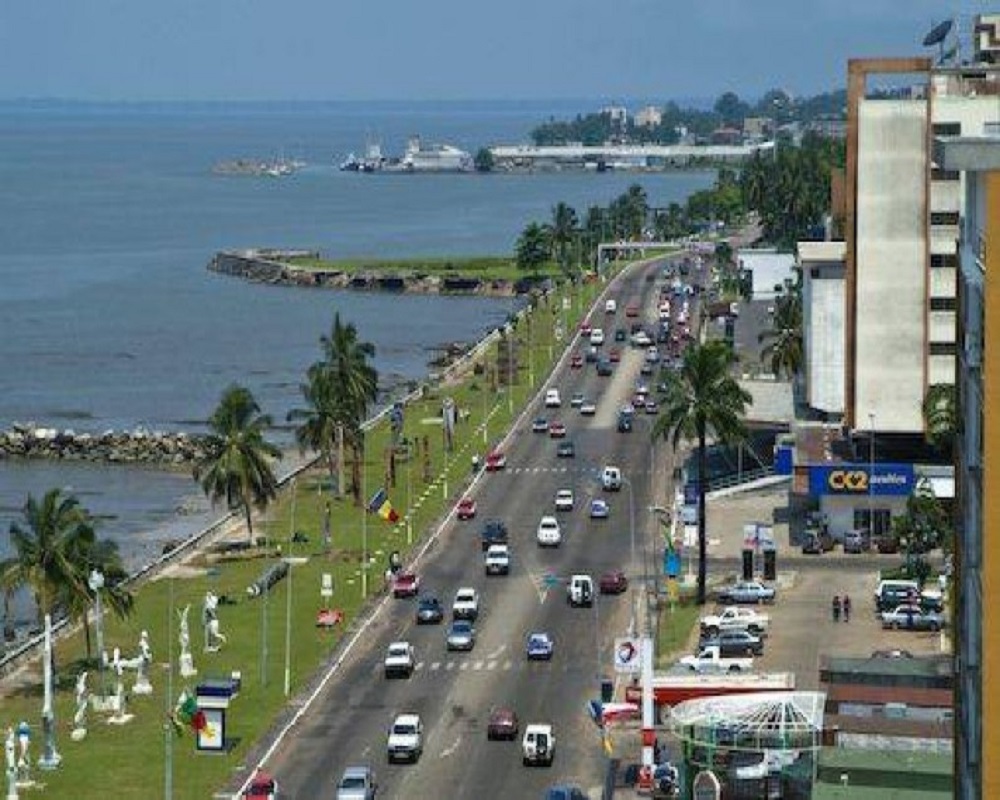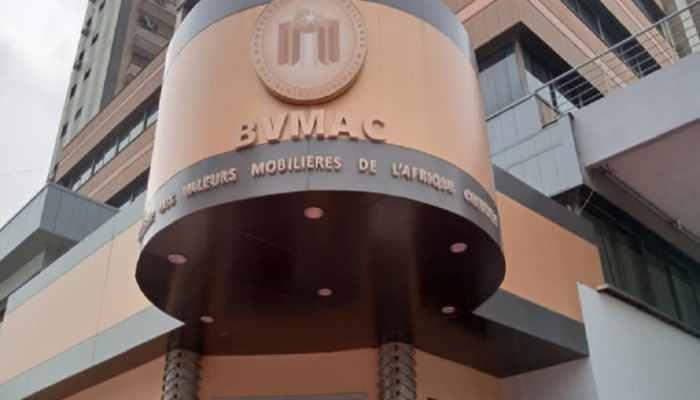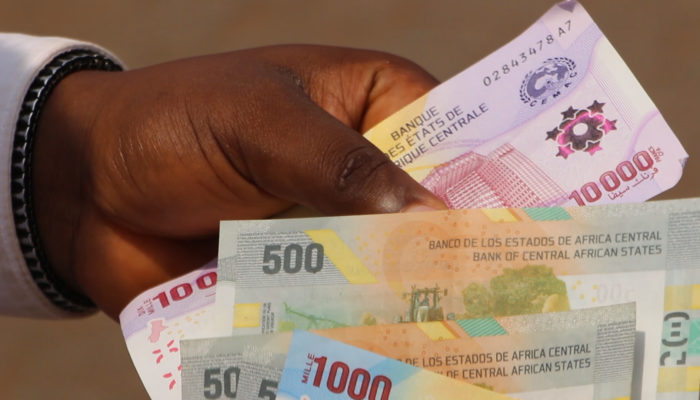The new currency rules of the Bank of Central African States (Beac) are grinding the teeth of oil operators in Gabon. This new regulation could undermine the efforts of the country which struggles to attract new foreign investors.
As it scrambles to attract investors with the drafting of a new Hydrocarbons Code emphasizing lower taxes on the oil industry, Gabon could quickly become disillusioned. Foreign companies warn that these reforms will bear fruit only if the Bank of Central African States (Beac) relaxes its currency rules.
A member of the Organization of Petroleum Exporting Countries (OPEC), the country that is part of the Central African Economic and Monetary Community (Cemac) uses the CFA franc. However, the new regulations of the monetary institution would oblige companies to keep their income, which must be denominated in CFA francs, in banks in the Cemac region.
Businesses would, therefore, have to exchange their dollar-denominated income for francs, which would incur exchange costs and expose them to currency fluctuations. In addition, since the financing of oil companies is generally in dollars, the new rules could put them in a situation of violating loan agreements.
These new rules are viewed with a negative eye by oil players, like Assala Energy. In 2017, the London-based company, backed by private equity fund Carlyle Group, bought out Shell Gabon’s oil and gas interests for $ 628 million, plus $ 285 million in debt taken over from the seller.
Assala then refinanced this debt, which is now a loan guaranteed by Assala’s oil reserves and financed by a consortium of 11 banks. These agreements require the borrower to have foreign bank accounts. “The new regulations put this type of financing at risk,” David Roux, CEO of Assala Energy says.
The regulations were due to come into effect in March 2019, with a phase-in period until September of the same year. But the subregion’s oil industry is still in talks with the central bank, which has agreed to moratoria until the end of 2020.
“There are a few exceptions that we think apply to the oil and gas industry… If the Cemac region is to attract investors, it needs to ensure that cash can be repatriated,” Vaalco CEO explained.
Energy, which has been producing crude from the Gabonese Etame Marin field since 2002. “To attract new investment, liquidity must be able to circulate freely. However, the new regulations restrict the flow of foreign currency and would be costly and inefficient, ”Cary Bounds said.






